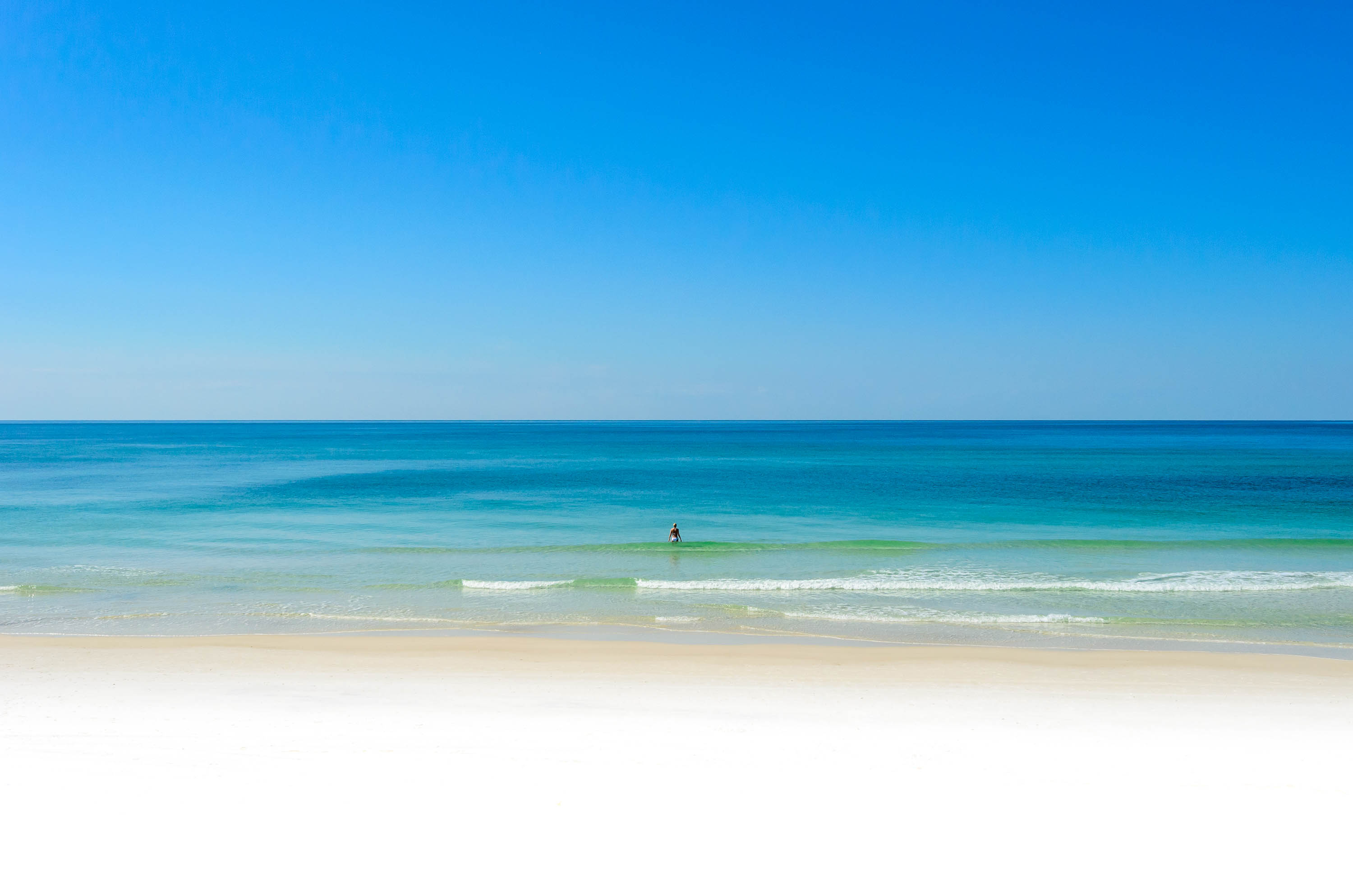Actually the Florida Supreme Court set out its view of English custom law and how it should be applied in Florida in the quote below. It
has been the law in Florida since 1974. And Florida is not the only state to recognize customary use as a legal concept embedded in the common law. On your point of assumptions, you and I may have a dispute as to whether you breached a contract. If you simply say, "I did not breach" it does not mean that you didn't. It means you assert that you didn't. As you point out, a court will decide. To be sure, I would have to put forth proof that you breached and the court would have to agree with me. On that I think we are in absolute agreement. But it does not mean that you did not breach simply because you said you did not. There is an unresolved dispute. That is exactly what we have here and the dispute will be resolved one way or the other. If a court determines that there has been customary use of a parcel all along, then all the claims that I own the beach and have the right to exclude others will turn out to have been incorrect. Like I said, this is obviously an emotional issue but it is a legitimate dispute over property rights that the courts will have to resolve. Each side will have their arguments but you can't just assume the answer and customary use is not some crack-pot theory invented at the 11th hour.
The beaches of Florida are of such a character as to use and potential development as to require separate consideration from other lands with respect to the elements and consequences of title. The sandy portion of the beaches are of no use for farming, grazing, timber production, or residency the traditional uses of land but has served as a thoroughfare and haven for fishermen and bathers, as well as a place of recreation for the public. The interest and rights of the public to the full use of the beaches should be protected. *78 Two states, Oregon and Hawaii, have used the "customary rights doctrine" to afford the rights in beach property. State ex rel. Thornton v. Hay, 254 Or. 584, 462 P.2d 671 (1969); In re: Ashford, 50 Haw. 314, 440 P.2d 76 (1968). See also Fla. Law Review, Easements: Judicial and Legislative Protection of the Public's Rights in Florida's Beaches by W. Roderick Bowdoin, Vol. XXV, No. 3, pp. 586-590 (Spring 1973).
As stated in Tiffany Real Property, (Third Edition), Vol. 3, § 935:
"In England, persons of a certain locality or of a certain class may have, by immemorial custom, a right to make use of land belonging to an individual. Thus, there may be a custom for the inhabitants of a certain town to dance or play games on a particular piece of land belonging to an individual, or to go thereon in order to get water. So there may be a custom for fishermen to dry nets on certain land, or for persons in a certain trade (victualers) to erect booths upon certain private land during a fair. The custom, to be valid, `must have continued from time immemorial, without interruption, and as of right; it must be certain as to the place, and as to the persons; and it must be certain and reasonable as to the subject matter or rights created.' ... "Occasionally in this country it has been decided that rights to use private land cannot thus be created by custom, for the reason that they would tend so to burden land as to interfere with its improvement and alienation, and also because there can be no usage in this country of an immemorial character. In one state, on the other hand, the existence of such customary rights is affirmed, and in others this is assumed in decisions adverse to the existence of the right in the particular case." (pp. 623-624)
If the recreational use of the sandy area adjacent to mean high tide has been ancient, reasonable, without interruption and free from dispute, such use, as a matter of custom, should not be interfered with by the owner. However, the owner may make any use of his property which is consistent with such public use and not calculated to interfere with the exercise of the right of the public to enjoy the dry sand area as a recreational adjunct of the wet sand or foreshore area.
This right of customary use of the dry sand area of the beaches by the public does not create any interest in the land itself. Although this right of use cannot be revoked by the land owner, it is subject to appropriate governmental regulation and may be abandoned by the public. The rights of the owner of the dry sand area may be compared to rights of a partowner of a land-locked nonnavigable lake, as described in Duval v. Thomas, 114 So. 2d 791 (Fla. 1959).
There is no need to cut and paste T-R. Please review the word "if" from a legal standpoint. Have you actually read Tiffany? Not just the section, but the entire text on custom? Or Blackstone?
There's been a few cases clarifying T-R. You might want to review those before continuing with putting all your eggs in the T-R basket. You also should review earlier cases where custom was defeated.
What are your thoughts on MRTA?
Shannon
